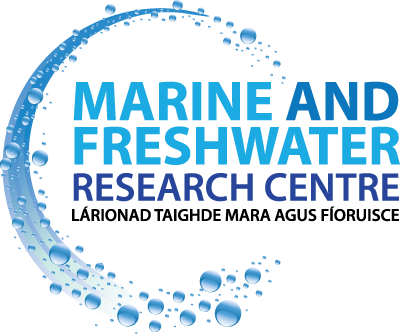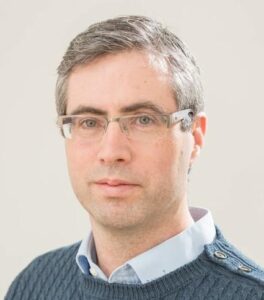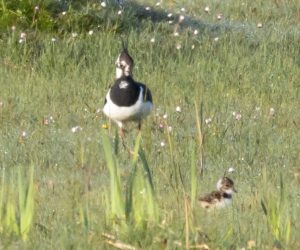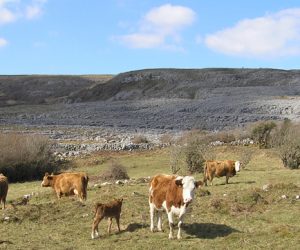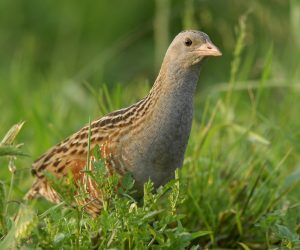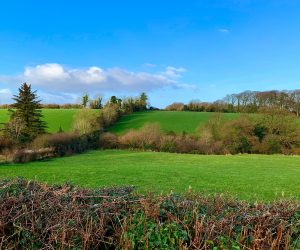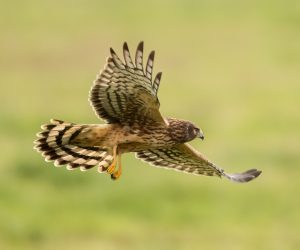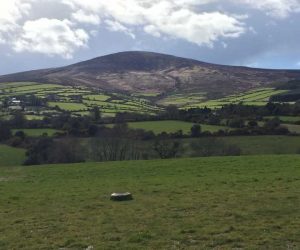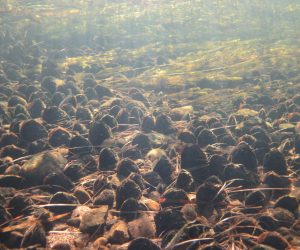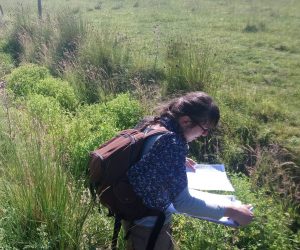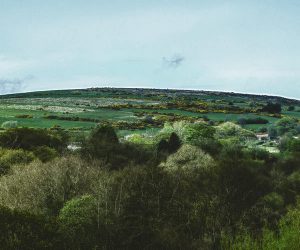James is a lecturer in Ecology and Biology at Galway Mayo Institute of Technology teaching on agriculture and environment related programmes. He leads the Agro-ecology and Rural Development (ARD) research group within the MFRC at GMIT. The ARD research group is a working partnership between GMIT and IT Sligo. His research and outreach work concentrates on sustainable agricultural systems. Research areas include rural development; agri-environmental scheme design; High Nature Value farmland; biodiversity and ecosystem services; protected areas management; grazing ecology and wetland ecosystems. Outreach work focuses on improving agriculture policy and practice with a particular focus on the Common Agriculture Policy. He is a member of the National Biodiversity Forum; the National Rural Network sub-committee on Biodiversity, Environmental Challenges and LIFE Programmes; the Uplands Management Board of the Heritage Council; and board member of European Results Based Payments Network.
